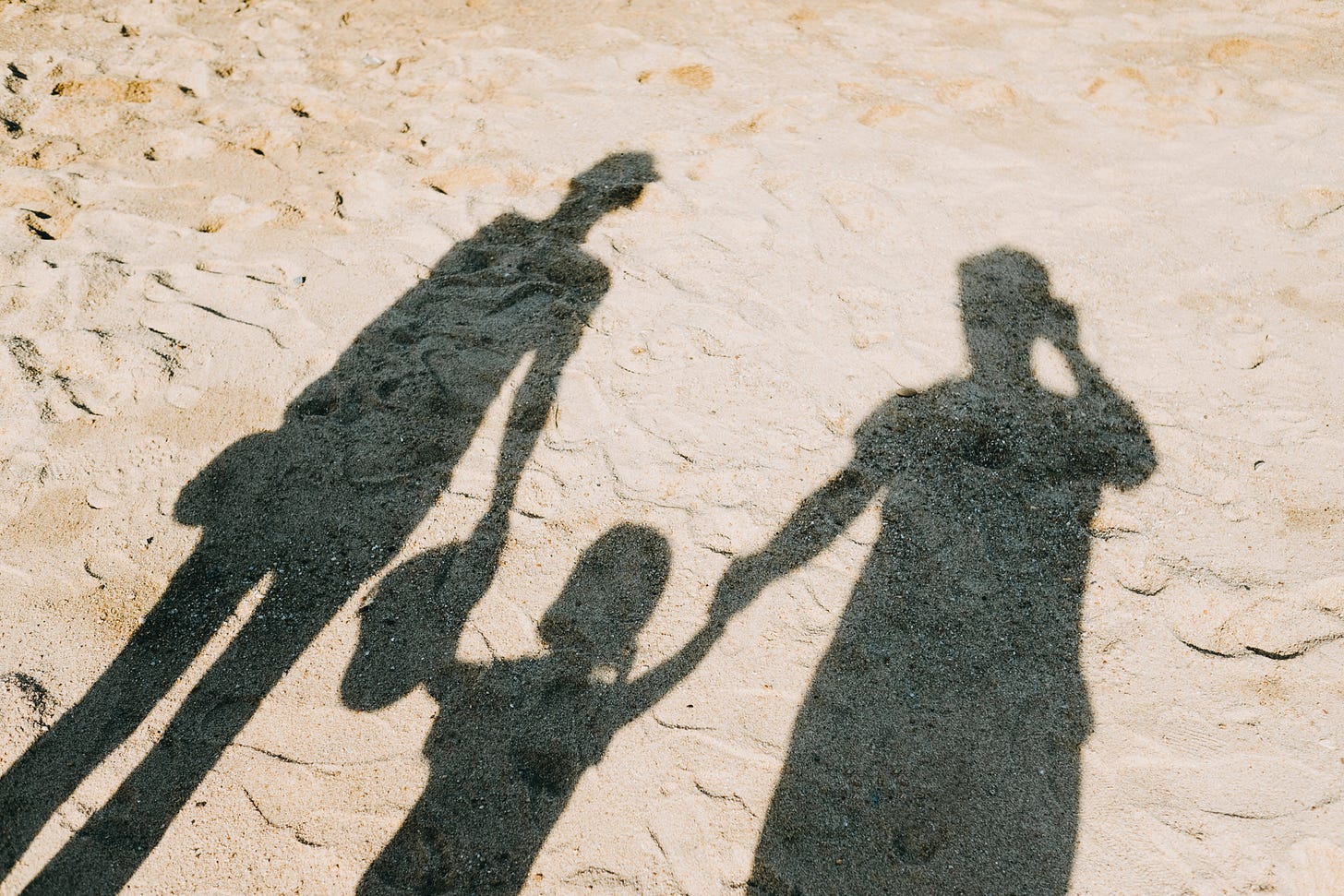Indian Child Welfare Act again reaches U.S. Supreme Court
The basics of ICWA and why the high court is reviewing it now.
WASHINGTON — The U.S. Supreme Court on Monday announced that it will review the constitutionality of the Indian Child Welfare Act (ICWA).
What it is: A 1978 federal law meant to reunify American Indian and Alaska Native children with their families and tribes.
Why it became law: “Studies revealed that large numbers of Native children were b…
Keep reading with a 7-day free trial
Subscribe to Indigenous Wire to keep reading this post and get 7 days of free access to the full post archives.


